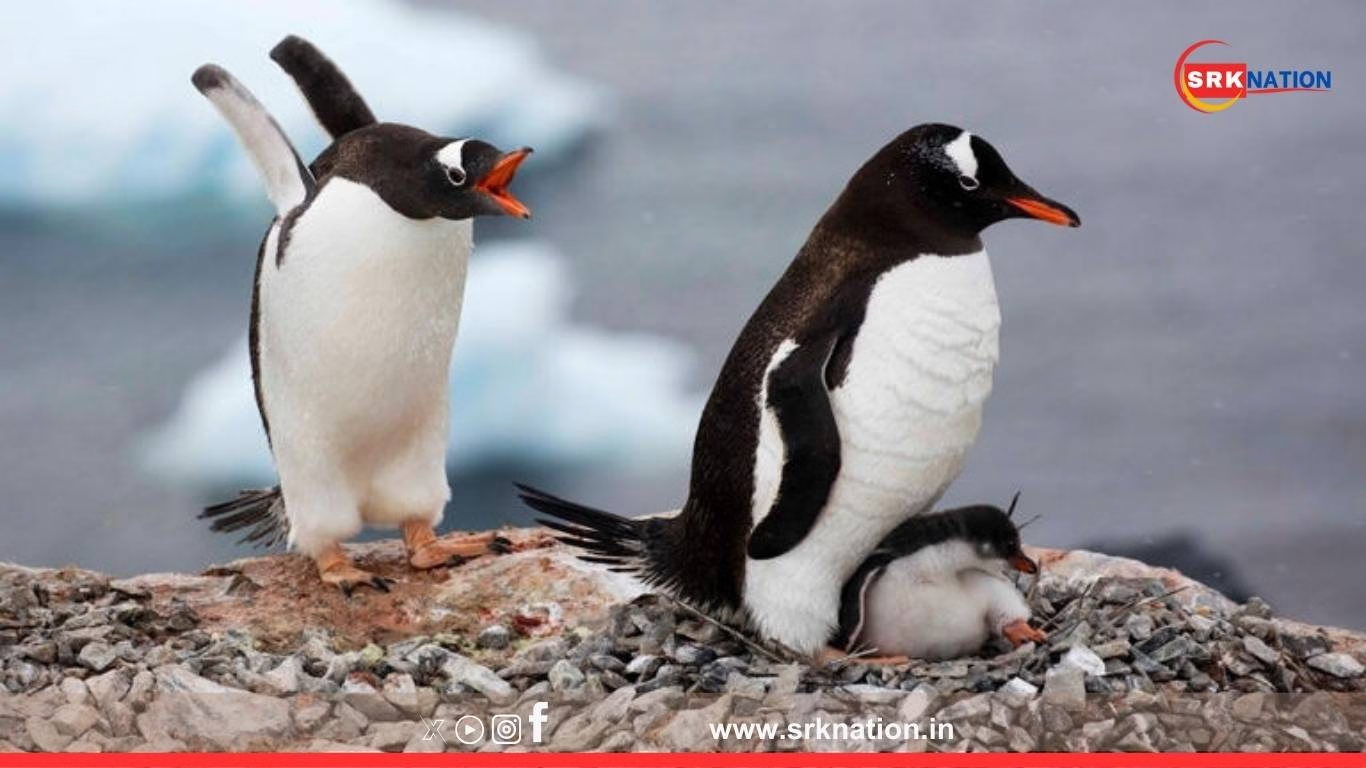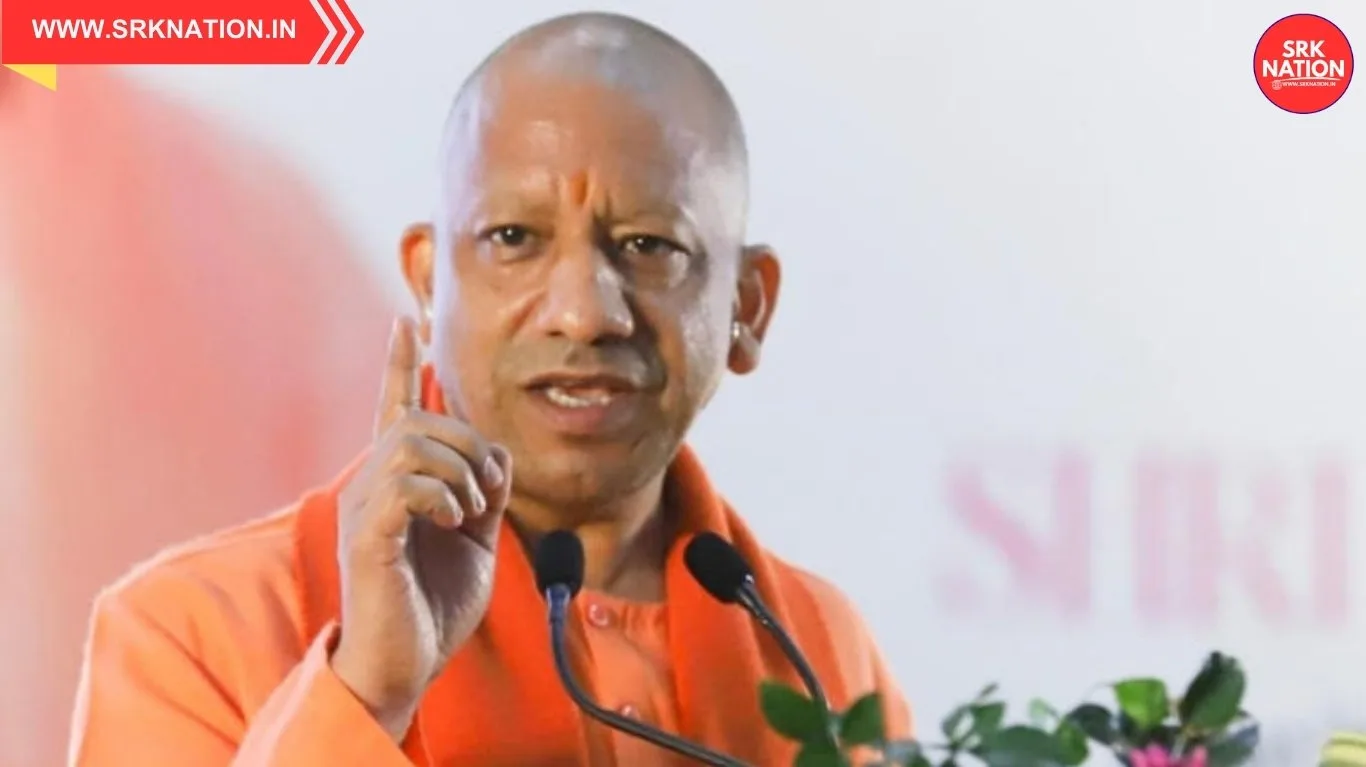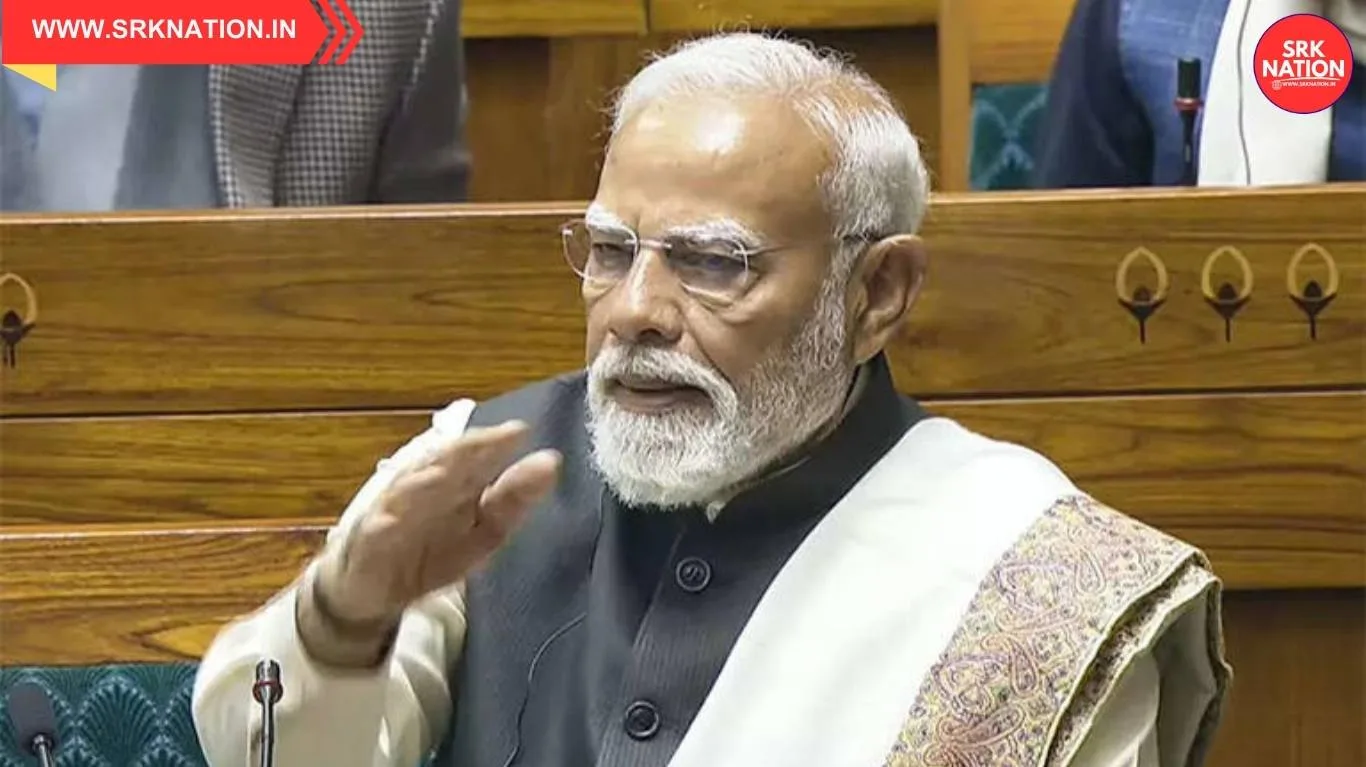In a major push to enhance tourism and wildlife education, Karnataka has announced plans to establish the state’s first Penguin Park in Mysuru Zoo. Simultaneously, the government has approved a 20% hike in entry fees at Mysuru Zoo and Bannerghatta Biological Park to strengthen their operational and conservation funding.
🏞️ What is the Penguin Park proposal?
The Mysuru Zoo, officially known as Sri Chamarajendra Zoological Gardens, has proposed creating a state-of-the-art Penguin Park modelled on similar exhibits in Mumbai’s Byculla Zoo and international zoological centres. The plan aims to introduce Humboldt penguins, known for their adaptability to tropical climates under controlled environments.
📍 Key features of the Penguin Park
| Feature | Details |
|---|---|
| Species proposed | Humboldt Penguins |
| Number of penguins | 10-12 to begin with |
| Estimated project cost | ₹15-20 crore |
| Facility type | Temperature-controlled indoor exhibit with swimming pool and rock islands |
| Target completion | Within 18-24 months (subject to approvals) |
| Objective | Wildlife education, tourism promotion, conservation awareness |
📝 Why Penguins?
Mysuru Zoo authorities emphasise that the penguin exhibit will:
- Enhance visitor footfall by offering a unique attraction
- Create educational opportunities for children and wildlife researchers
- Generate higher revenue to sustain other animal welfare and rescue operations
- Align with modern zoo standards to diversify species diversity in Indian zoos
💰 Entry fee hike details
As part of broader reforms to ensure financial sustainability of state zoos, the Karnataka Zoo Authority has approved:
| Zoo | Current entry fee (adult) | Revised entry fee (adult) | Increase (%) |
|---|---|---|---|
| Mysuru Zoo | ₹100 | ₹120 | 20% |
| Bannerghatta Biological Park | ₹100 | ₹120 | 20% |
The entry fee for children and educational institutions is likely to remain subsidised to maintain accessibility for all sections of society.
🌐 Comparative penguin exhibits in India
| Zoo | City | Penguin species | Notable features |
|---|---|---|---|
| Veermata Jijabai Bhosale Udyan | Mumbai | Humboldt Penguins | First Indian zoo to introduce penguins, inaugurated in 2016 |
| Mysuru Zoo (proposed) | Mysuru | Humboldt Penguins | Expected to be South India’s first penguin exhibit |
🗣️ Official statements
Mysuru Zoo Executive Director stated,
“Penguins have the potential to attract global attention. The exhibit will maintain international welfare standards, and our veterinary teams are studying enclosure designs, diet plans, and health protocols from successful global models.”
🔍 Funding and implementation strategy
The Penguin Park is proposed to be funded via:
- State zoo conservation funds
- CSR contributions from corporates
- Ticket revenue surpluses and wildlife donations
The exhibit will require:
- Temperature regulation (4°C to 15°C)
- Advanced filtration systems for swimming pools
- Quarantine and veterinary care units to meet international penguin husbandry standards
💡 How penguins are maintained in Indian zoos
Mumbai’s Byculla Zoo imported Humboldt penguins from South Korea in 2016 and set up a ₹24 crore enclosure. Despite initial controversies over tropical adaptability, the penguins have bred successfully under strict temperature control, creating a model for Mysuru Zoo’s plan.
🌎 Global penguin conservation context
Humboldt penguins are classified as Vulnerable by IUCN, primarily due to:
- Climate change
- Overfishing impacting food availability
- Habitat destruction
Zoos globally play a role in captive breeding and public education to raise conservation awareness.
💭 Expert opinions
Wildlife conservationists welcome the move for education but urge caution:
- Animal rights groups stress penguins’ sensitivity to climate and demand transparent welfare standards.
- Zoo veterinarians highlight the need for continuous monitoring of water quality, nutrition, and disease prevention to avoid past controversies faced by Byculla Zoo.
📊 Visitor footfall projections post-Penguin Park
| Year | Expected annual visitors (approx.) | Revenue growth (approx.) |
|---|---|---|
| Pre-Penguin Park | 3.5 lakh | ₹25 crore |
| Post-Penguin Park (Year 1) | 5 lakh | ₹32 crore |
| Post-Penguin Park (Year 3) | 6 lakh | ₹40 crore |
Data based on trends observed in Mumbai and global zoos introducing penguin exhibits.
⚖️ Legal and policy framework
The zoo will require:
- Approval from Central Zoo Authority (CZA) under Ministry of Environment, Forest and Climate Change
- Compliance with Prevention of Cruelty to Animals Act and international penguin handling guidelines
- Environmental clearances for temperature-controlled energy systems
🏗️ Project timeline (tentative)
| Phase | Duration | Activities |
|---|---|---|
| Planning & Approvals | 3-6 months | DPR preparation, CZA approvals |
| Tendering & Contracts | 4 months | Contractor finalisation |
| Construction & Import | 12 months | Enclosure building, penguin import |
| Training & Opening | 2 months | Staff training, public launch |
🌟 Public reaction
Tourism bodies and local business associations have welcomed the plan, anticipating:
- Surge in domestic tourism
- Employment opportunities in zoo operations and services
- Ancillary revenue growth for Mysuru’s hotels, restaurants, and transport sector
However, animal welfare activists seek clarity on:
- Welfare protocols for tropical climate adaptation
- Long-term veterinary care facilities
- Noise pollution control within visitor areas
✨ Conclusion
The proposed Penguin Park in Mysuru Zoo signifies Karnataka’s ambition to create world-class wildlife tourism infrastructure while enhancing environmental education. Alongside, the entry fee revision aims to ensure financial sustainability for zoos battling rising operational costs. The success of the project will depend on strict adherence to animal welfare standards, efficient project execution, and stakeholder transparency to make Mysuru a model zoological city in India.
📝 Disclaimer
This news article is based on official government announcements, statements from Mysuru Zoo authorities, and wildlife conservation policies. Readers are advised to check Karnataka Zoo Authority notifications for final project approval details before planning related commercial or tourism activities.











